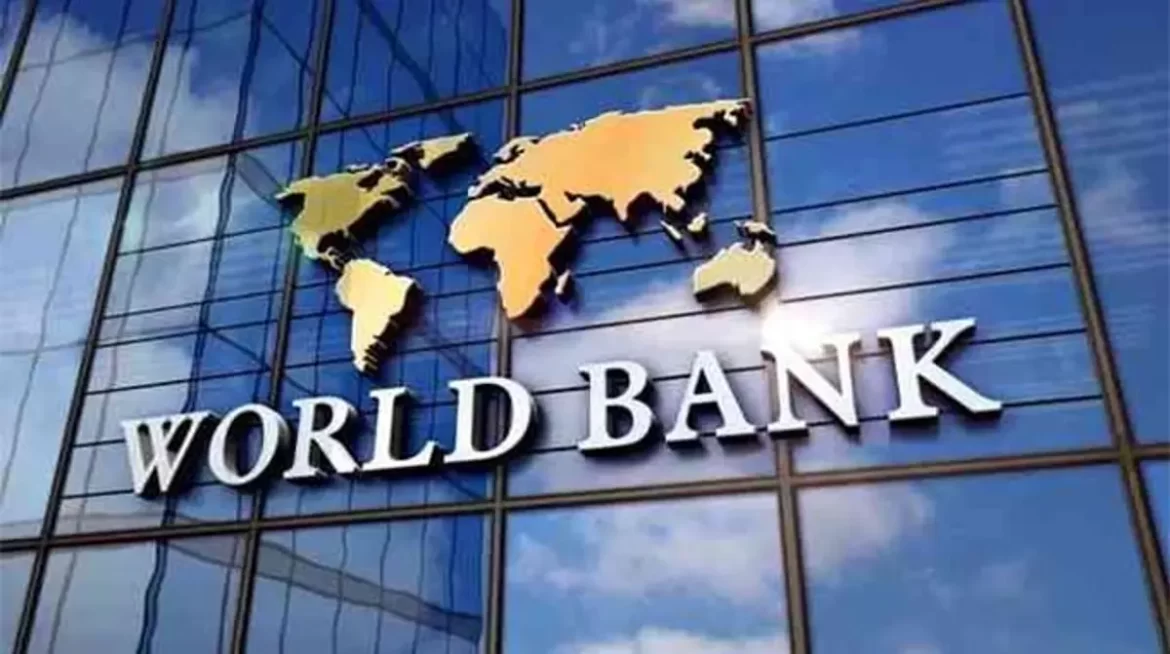The World Bank and African Development Bank (AfDB) have begun implementing an ambitious plan to provide electricity to 300 million Africans by 2030, starting with an initial pledge of $30 billion and assessing potential beneficiaries.
The program, known as Mission 300, aims to raise over $90 billion in total to expand energy access across the continent.
Prominent climate organizations, including the Rockefeller Foundation, Global Alliance for People and Planet (GEAPP), and Sustainable Energy For All, have launched a technical assistance facility to identify and fund qualifying projects. The facility will provide support to secure funding and bring electrification efforts to life.
“Every project begins with a single payment,” said Rajiv Shah, president of the Rockefeller Foundation. He emphasized that this initiative is designed to accelerate electrification plans in sub-Saharan Africa, where energy poverty continues to hinder development.
Mission 300 seeks to power half of the 600 million Africans currently without electricity. Africa is home to about 75% of the global population without power, with countries like South Sudan, Burundi, and Chad having electrification rates below 12%. The lack of electricity stifles productivity and hampers economic growth in some of the world’s poorest nations.
“We’ve seen stagnation in electrifying Africa over the past 15 years,” noted Ashvin Dayal, head of the Rockefeller Foundation’s power and climate program. “This is the defining climate and development challenge for Africa in the next 20 years.”
The initiative will prioritize clean energy solutions such as mini-grids and solar power. GEAPP, backed by the Rockefeller Foundation, the Bezos Earth Fund, and the Ikea Foundation, has already committed an initial $10 million to support 15 projects in 11 African countries, including Burkina Faso and Mozambique.
One example of a Mission 300 project is Nigeria’s DARES initiative, which will use $750 million from the World Bank to expand rooftop solar and mini-grids, bringing electricity to 17.5 million people in a country where 85 million still lack power.
In April, the World Bank pledged $25 billion to the program, with the AfDB committing an additional $5 billion. Further commitments are anticipated at a World Bank replenishment meeting in South Korea in December, with a summit on the initiative scheduled for January in Dar es Salaam, Tanzania.
The $90 billion funding target will be divided equally among public funds, concessional finance, philanthropic support, and commercial investments. Shah highlighted potential sources like the IMF’s Resilience and Sustainability Trust and re-channeled special drawing rights as funding avenues.
“We need to ensure these projects are bankable, impactful, and provide commercially sound returns,” said Woochong Um, CEO of GEAPP. A massive fundraising campaign will be launched to mobilize the necessary resources.
Mission 300 also encourages African nations to pursue energy reforms that support green energy expansion. “Expanding electricity access in Africa will require a broad and growing coalition,” said World Bank President Ajay Banga.
![]()




